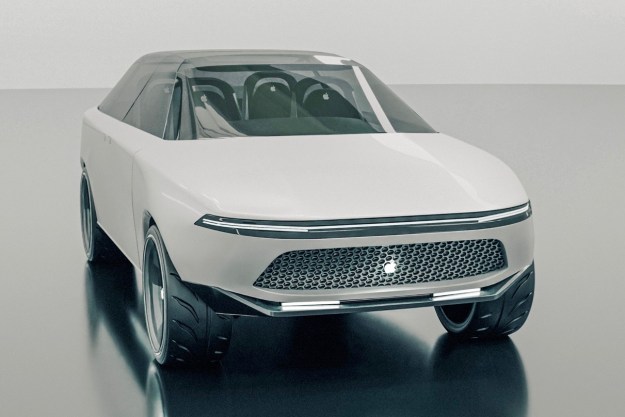At CES earlier this month, Ford unveiled its “Smart Mobility Plan,” intended to make the Blue Oval a leader in what the company views as several key areas of technology – including self-driving cars.
Now, Ford is taking is taking a big step toward advancing that plan with the opening of its Research and Innovation Center in the heart of Silicon Valley.
Located in Tesla Motors’ hometown of Palo Alto, California, the new research center isn’t the first Ford outpost in Silicon Valley (it opened an office there in 2012), but it constitutes a major expansion of the carmaker’s presence there.
Ford plans to put 125 employees to work there on projects dealing mostly with autonomous vehicles and connectivity.
The docket of projects includes the next phase of Ford’s “Remote Repositioning” experiment, which will see researchers attempt to remotely drive a car located on the Georgia Institute of Technology’s campus on the other side of the country in Atlanta.
Researchers will also test algorithms that self-driving cars will use to gain situational awareness, including recognizing stop signs. To do this, they’ll use a “virtual environment” developed using gaming software.
Other planned projects include one that will allow drivers to monitor their Nest home thermostats through a car’s Sync infotainment system, and research into using the OpenXC platform developed for in-car apps to gather customer data.
The experiments conducted in Silicon Valley are part of the larger execution of Ford’s Smart Mobility Plan.
That will ultimately encompass 25 global company-backed projects focusing on self-driving cars, connectivity, mobility, customer experience, and big data, according to Ford.
At CES, Ford confirmed that one of the tangible results of the plan will be a production-ready self-driving car, although it hasn’t discussed a hard timeline for that.
Editors' Recommendations
- Tesla Autopilot vs. full self-driving: What’s the difference?
- Dubai Police to deploy driverless patrol cars with AI smarts
- An autonomous car in San Francisco got stuck in wet concrete
- Autonomous cars confused by San Francisco’s fog
- Is Tesla Full Self-Driving worth it?


